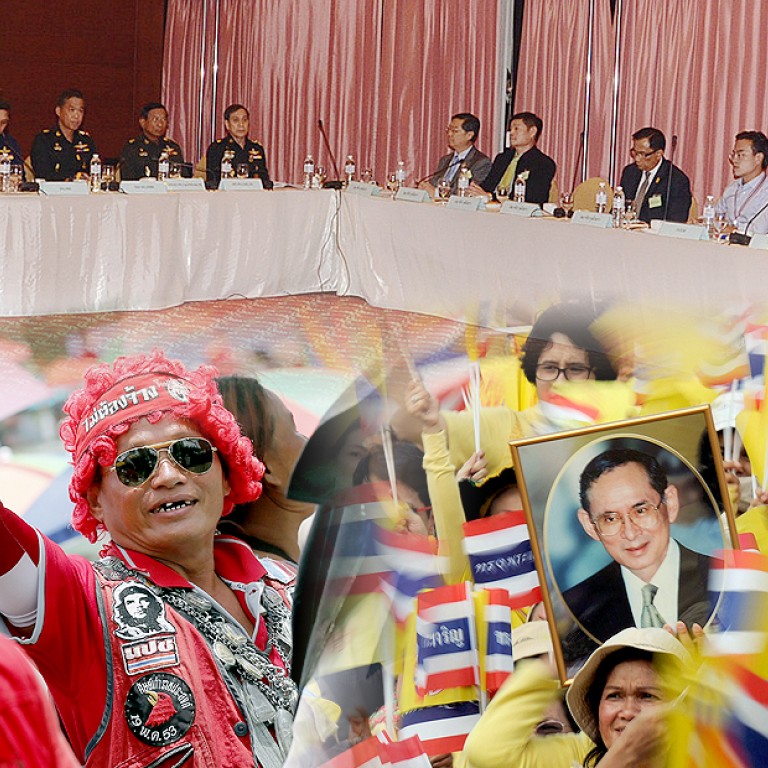
Thai rivals must now hold talks and settle their differences
Thailand's military has stressed that its imposition of martial law is not a coup d'etat but a necessity to bring stability to the nation after six months of political turmoil.
Thailand's military has stressed that its imposition of martial law is not a coup d'etat but a necessity to bring stability to the nation after six months of political turmoil. The threat of more violence between dismissed prime minister Yingluck Shinawatra's red-shirted supporters and the rival yellow-shirted protesters led by Suthep Thaugsuban has diminished now that soldiers have taken positions throughout Bangkok. Curtailing media broadcasts and keeping a tight grip on law and order does not solve the country's problems, though; it further complicates a difficult situation. At best it is a signal to the sides that they have to settle their differences.
The army stopped just short of its 12th takeover since 1932. What's different this time is that the constitution remains in place, the interim government holds power - it has called new elections for August - and the right of assembly remains. Still, civilian authorities will have to answer to the military regarding public order, and martial law can only be repealed by royal decree. For the mainly rural supporters of Yingluck, removed by the Constitutional Court two weeks ago for abuse of power, there is good cause for scepticism. Her brother, Thaksin Shinawatra, was ousted in the last coup in 2006 and lives in exile. Suthep and his predominantly urban and pro-establishment backers want the Shinawatras banished from politics and the government removed so that a hand-picked council can rule until a new political system is put in place.
Thailand has been gripped by political unrest for much of the past eight years. The latest stand-off has dented the economy and this year's GDP growth rate has been cut from between 3.0 and 4.0 per cent to 1.5 and 2.5 per cent. Domestic activity and exports are sharply down, consumer confidence is at a 12-year low and the important tourism sector has been hit.
The military has no place in politics; democracy is the only way forward. But its intervention has created a space for the rivals to settle their differences and hold talks. All sides have to work together for the good of Thailand.

